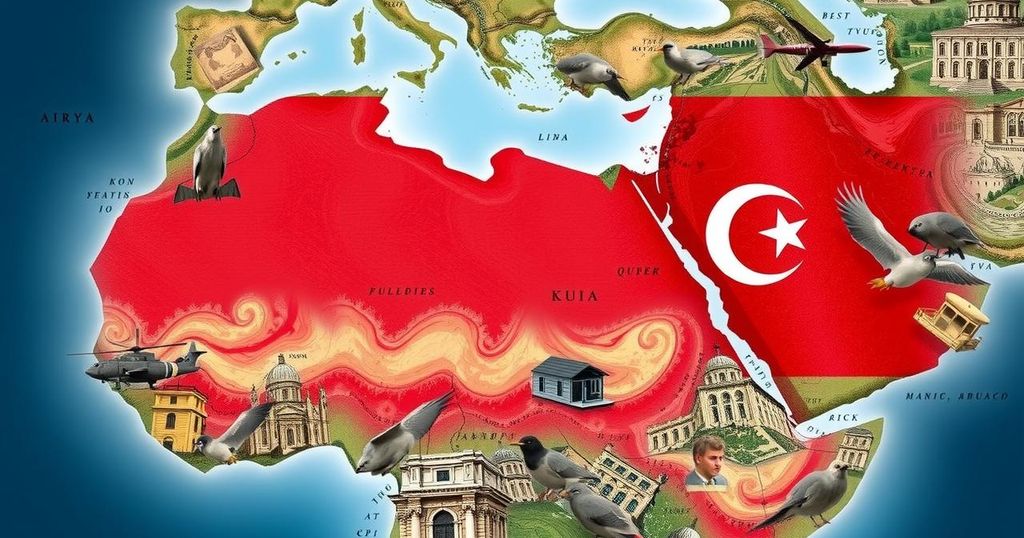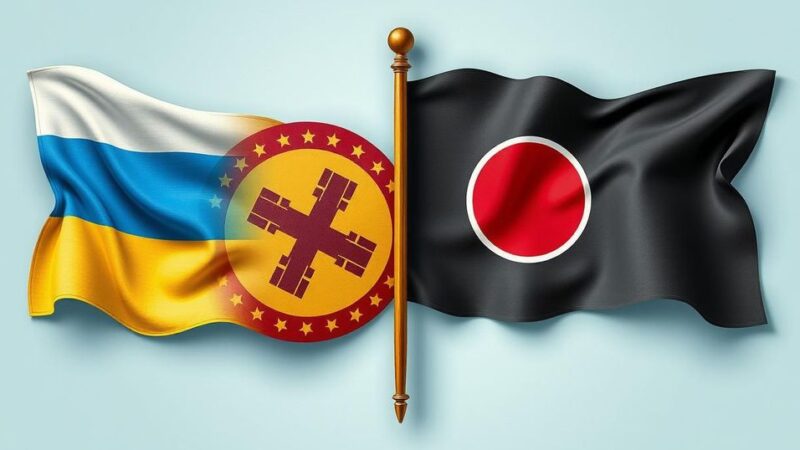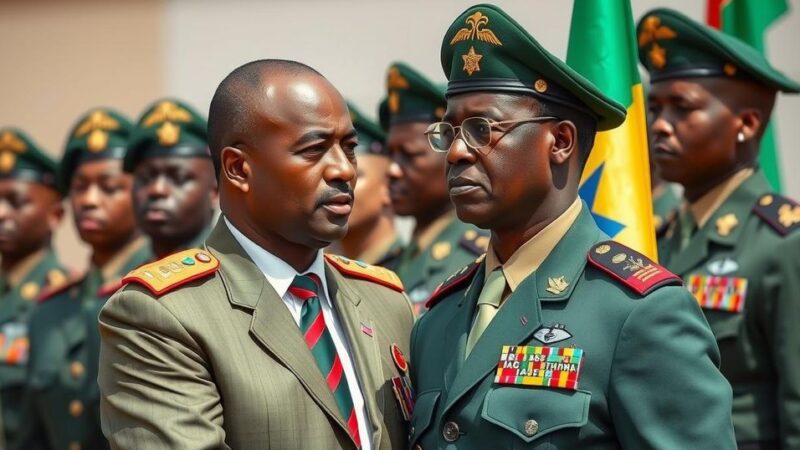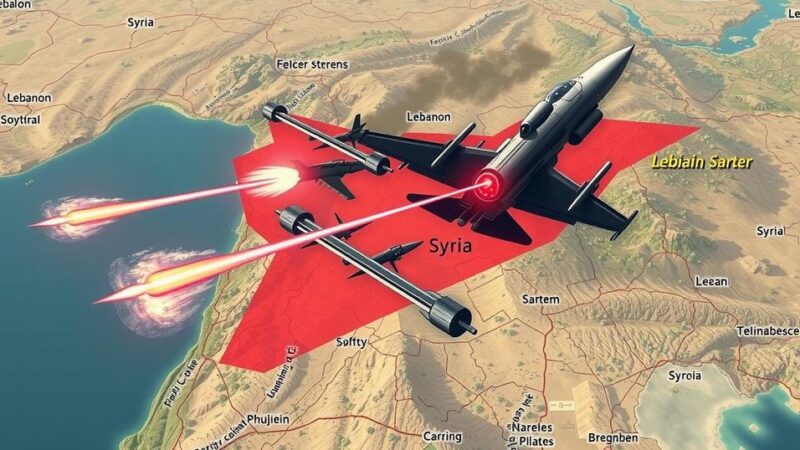Following Bashar al-Assad’s fall, Russia is repositioning its strategy from Syria to Libya to maintain its influence in Africa. Russian mercenaries are currently backing Khalifa Haftar against the Tripoli-based government. Despite military resource transfers and strategic interests, Russia faces challenges in establishing a foothold in a politically intricate Libya, where various powers compete for influence.
In light of recent geopolitical shifts, Russia is strategically pivoting from Syria to Libya as it seeks an alternative foothold in Africa. The pursuit arose following the fall of Bashar al-Assad, which has threatened Russian interests in the region. Currently, Russia maintains military operations in Syria, leveraging a port and air base to support its involvement across the Mediterranean and into Africa. With a new leadership under Ahmed al-Sharaa, who acknowledges Russia’s importance, the Kremlin nonetheless senses an urgent need to reassess its positioning. In Libya, Russian mercenaries back Field Marshal Khalifa Haftar against the recognized Government of National Unity. Experts suggest that the Kremlin’s reallocation of military resources to Libya is indicative of its drive for continuity in Africa amid growing instability in Syria. Recent intelligence indicates significant transfers of military equipment, including advanced anti-aircraft systems, from Syria to Libya, complicating the strategic landscape. While Russia confronts challenges, including Turkish influence and the complexities of Libyan politics, it remains focused on extending its reach in the region while navigating existing geopolitical tensions.
The changing dynamics in Syria, particularly following Assad’s loss of control, have prompted Russia to seek new strategic positions. With the Mediterranean serving as a critical route for military operations, Libya emerges as a potential replacement for Syria as a launch point for influence in Africa. Russia’s involvement in Libya is shaped by ongoing conflicts within the country and the broader interests of regional powers. The support for Khalifa Haftar provides Russia with a means to project power while attempting to maintain its foothold in African geopolitics. The situation is complicated by the presence of various international actors, each navigating their interests in Libya.
The Kremlin’s shift from Syria to Libya highlights its need to recalibrate its strategic objectives in Africa following geopolitical upheaval. While Russia seeks to establish a new center of influence by aligning with Khalifa Haftar, it must navigate a complex political landscape that includes competing interests from Turkey and Western powers. The outcome of this transition remains uncertain, as Russia confronts significant challenges in operating within Libya, a stark contrast to the more unencumbered environment once enjoyed in Syria.
Original Source: thedefensepost.com







